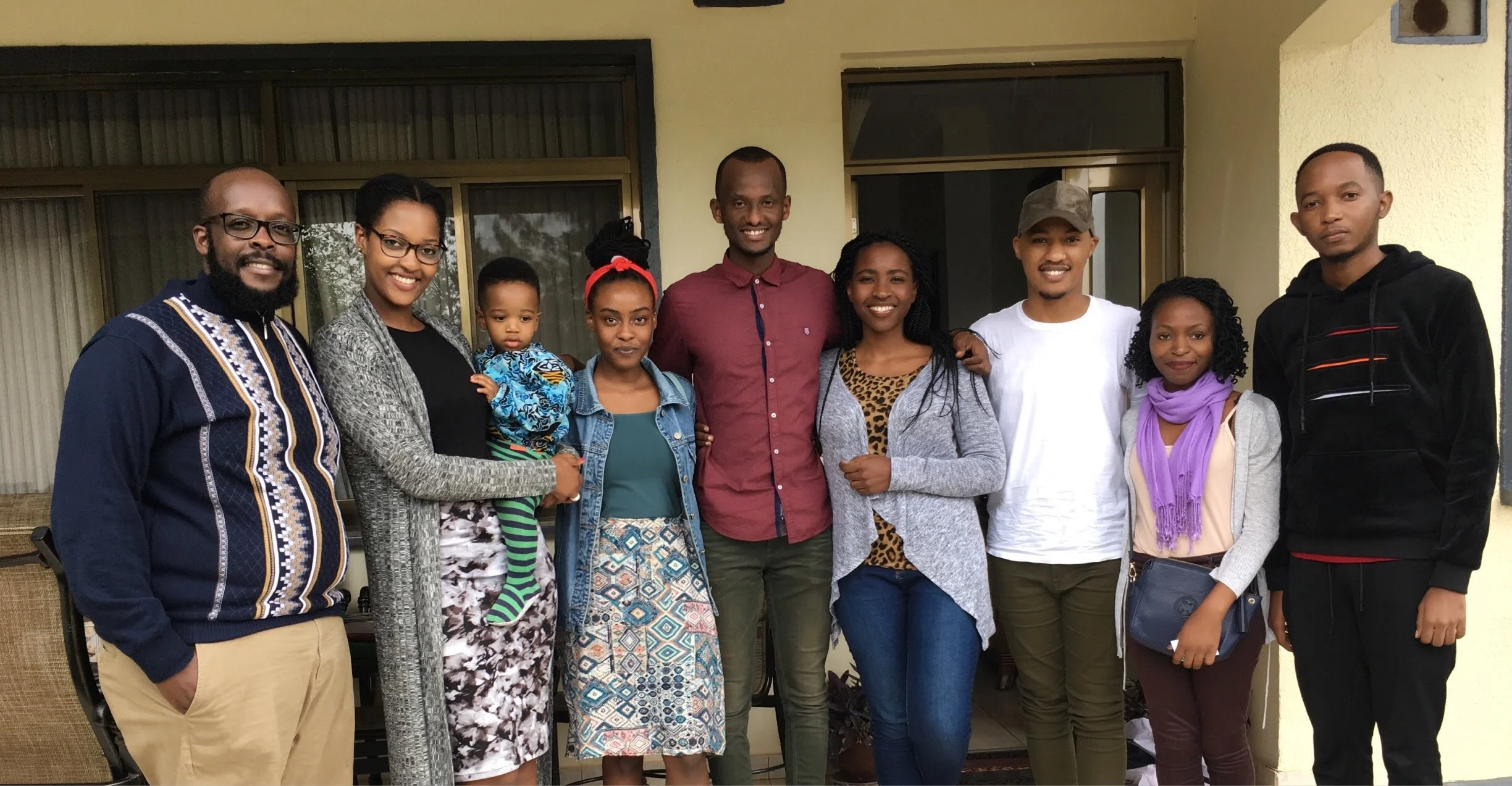Knowing is Not Enough: A Journey into True Transformation
Back in 2019, I got to put together some really cool roundtable talks about personal growth. We’d meet at home or coffee shops and have deep chats with friends and friends-of-friends. It was a great way to share what we’d all been through and learn from each other. Looking back at the pics, it’s clear we really connected and had some awesome discussions.
It's a common saying that knowledge is power, but if that were truly the case, we'd all be living our best lives.
Think of what you know to be right for you, and yet choose to do the opposite; think of what all the doctors know to be true, and yet do what they know is harmful to their health. Growing up, I thought priests were experts about God and knew exactly what to do to be good Christians (that is a subject for another day). Parents know they should listen, be present with their kids, and look them in the eyes when they are talking, but they can’t take their eyes off the phones and sometimes yell; don’t you see that I am busy? While knowledge is an important step in behavioral change, simply knowing something isn’t enough to bring about lasting change. Have you ever found yourself in a situation where you possess the knowledge of what to do, yet you fail to apply it and make a change?
We are surrounded by information at our fingertips and often confuse knowing with true understanding. We possess abundant facts, figures, and knowledge yet fail to internalize their essence truly. Knowing alone is a superficial exercise; it merely scratches the surface of the vast depths of wisdom that lie beyond, for it is when knowledge connects with experience, and a strong desire to change that makes a difference.
Acting on what we know is the biggest challenge, let’s look at the steps that might help make behavior change and make it stick, and consistency is key for all things that matter.
1. Know your “why’’
Knowing why you want to change is essential. Understanding the reasons behind your desire for change provides clarity and motivation to take the necessary steps toward transforming your life. No reason is small or big enough as long as it makes sense to you. Whether it is breaking harmful habits, pursuing a new career path, or cultivating healthier relationships. Knowing the underlying purpose ensures that efforts are purposeful and focused. It helps you identify the root causes and triggers that led to your need for change in the first place. The journey is full of obstacles and many reasons to quit, but always remember why you started and keep going.
2. Identify your values
This will involve taking time to reflect on what truly matters to you and what principles shape your decisions and actions. Your values serve as your compass, guiding you to make choices that are aligned with your core beliefs. This is a very personal journey, and sometimes you will find yourself unlearning and relearning things. Taking the time you need to gain clarity in what defines your character and what you want to prioritize in different aspects of life, whether it’s relationships, career, or personal growth. Understanding your values allows you to lead a more meaningful existence and make choices aligned with what truly resonates with your soul.
3. Cultivate Self-awareness
After identifying your values, self-examining behavior is crucial to true transformation. Take a moment to reflect on your actions, thoughts, and emotions. Pay attention to recurring patterns, triggers, and the impact of your behavior on yourself and others. Questions like ‘‘What led me to react this way?’’ or ‘‘Did I display empathy in that situation?’’ can guide you in understanding your behaviors. Consider journaling to document these reflections, or do like me and note it somewhere to discuss it with your therapist at your next appointment. Seek feedback from trusted friends or mentors, as they can offer valuable insights on blind spots you might miss. Remember, self-examination demands honesty, compassion, and a willingness to change. As you develop this practice, you’ll gradually gain deeper insights into your behaviors.
4. Develop hobbies and Find your Tribe.
Hobbies not only fulfill our personal interests but also provide an opportunity to connect with like-minded individuals, forming what is often called a tribe. Engaging in activities we are passionate about enables us to discover a vibrant community of individuals who share our interests. and values. It can be sports teams, book clubs, or coffee lovers. These tribes offer a sense of belonging and camaraderie. They provide a safe space to share knowledge, exchange ideas, and celebrate the joys of our hobbies together. Through these connections, we can truly thrive, expanding our horizons and forging last relationships through the bond of shared interests.
Taking action requires mental and physical decluttering; listening to your heart and building a bridge between what you know and how you use it brings true transformation.
May this finds your heart open to receive.


